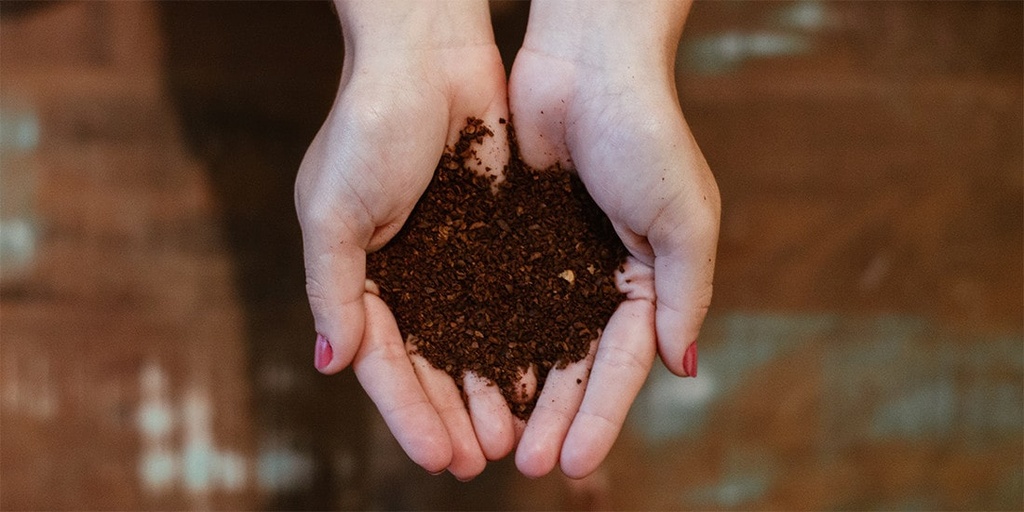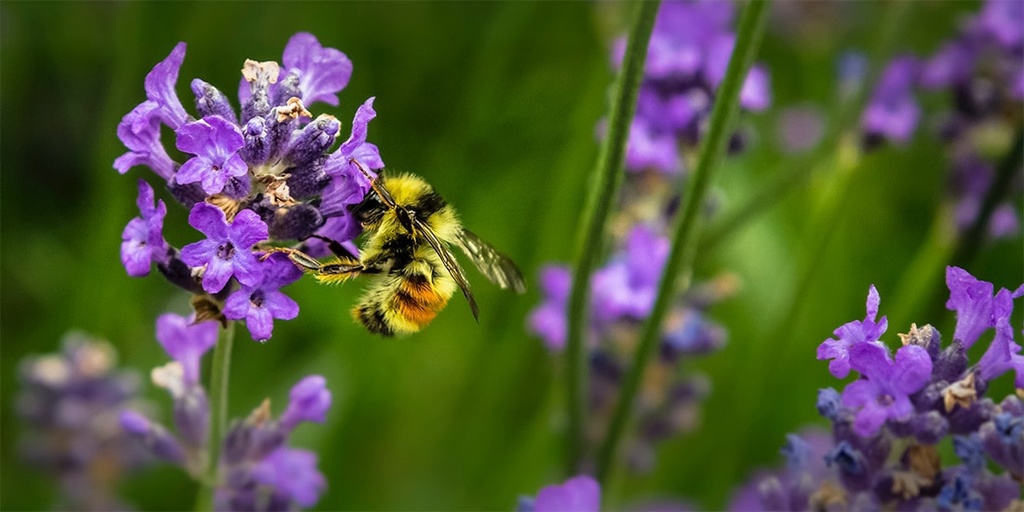Start composting
- Earth Points
- 20
- Ease
- Medium

Photo by Gabi Miranda on Unsplash
Description
Composting is an easy way to recycle organic materials you would otherwise throw away. Natural processes do most of the work and give you nutrient-rich soil for your garden and plants.
It also saves energy hauling extra garbage to the dump, prevents ever-expanding landfills from overflowing, and reduces methane emissions because of anaerobic decomposition conditions at a garbage dump.
Tips
• Start simple. Find a nearby small plot of dirt, start to pile up organic material, and natural decomposition will take care of the rest.
• You can improve how you manage your compost as you gain more experience, but do not let the side range of detailed suggestions online prevent you from getting started.
• If you do not have a plot of dirt for your compost pile then consider a compost bin. You can set it up either inside or outside. Search online to get ideas for a setup that works for you. Ideally you can convert a container you already have or find something used.
• What can be composted? Pretty much anything that was living at one point (i.e. organic). Vegetable scraps, tree leaves, banana peels, cardboard, pet waste, paper towels, garden trimmings, and food scraps are a few examples. There are some composters that suggest certain organic materials do not compost well. Experiment and decide what works best for you.
• It is helpful to have a container with a lid in the kitchen to throw organics in for later transport to your composting area. An old ice bucket or plastic container are a couple of options that can work well.
• Concerned about how your compost pile will look or if it attracts animals? Simply add some dirt or leaves on top to help it blend in with the surrounding area.
• Here a few tips to speed up how fast your organic material is magically transformed into nutrient-rich soil. None of these are necessary to do, but they help speed up the process.
-
Stir up the pile once a week to allow more oxygen in. A shovel or pitchfork are good tools for this.
-
Roughly balance two parts brown to one part green. Dry materials, such as leaves and cardboard, are considered brown. Wetter materials, such as food waste, are considered green.
-
Search online for additional ideas and tips. Try some things out and find out what works for you. This is not about perfection. It is about making progress.
